Many patients are surprised by the various services provided by their dentist. We all associate dentists with our teeth, yet they provide services that also contribute to your overall health. Dentists help diagnose many other conditions related to the head, jaw, mouth and neck, from oral cancers to temporal mandibular joint syndrome (TMJ), and from periodontal disease to sleep apnea.
Sleep apnea is a serious sleep disorder that can be diagnosed and often treated by your dentist. Here we explain more about sleep apnea and the secret dental weapon your dentist can provide to help improve sleep.
What Is Sleep Apnea?

Sleep apnea is a sleep disorder that can lead to serious health issues if not treated. It causes you to stop breathing for small periods of time as you sleep. As a result, your breathing starts and stops many times throughout the night. This not only interferes with getting a good night’s sleep but also puts tremendous strain on your body. Some of the side effects of sleep apnea include:
- High blood pressure
- Heart disease
- Erectile dysfunction
- Memory issues
- Trouble concentrating
You are also at greater risk when operating machinery or driving as you can lose concentration due to sleepiness, or worse, actually fall asleep.
What Types Of Sleep Apnea Are There?
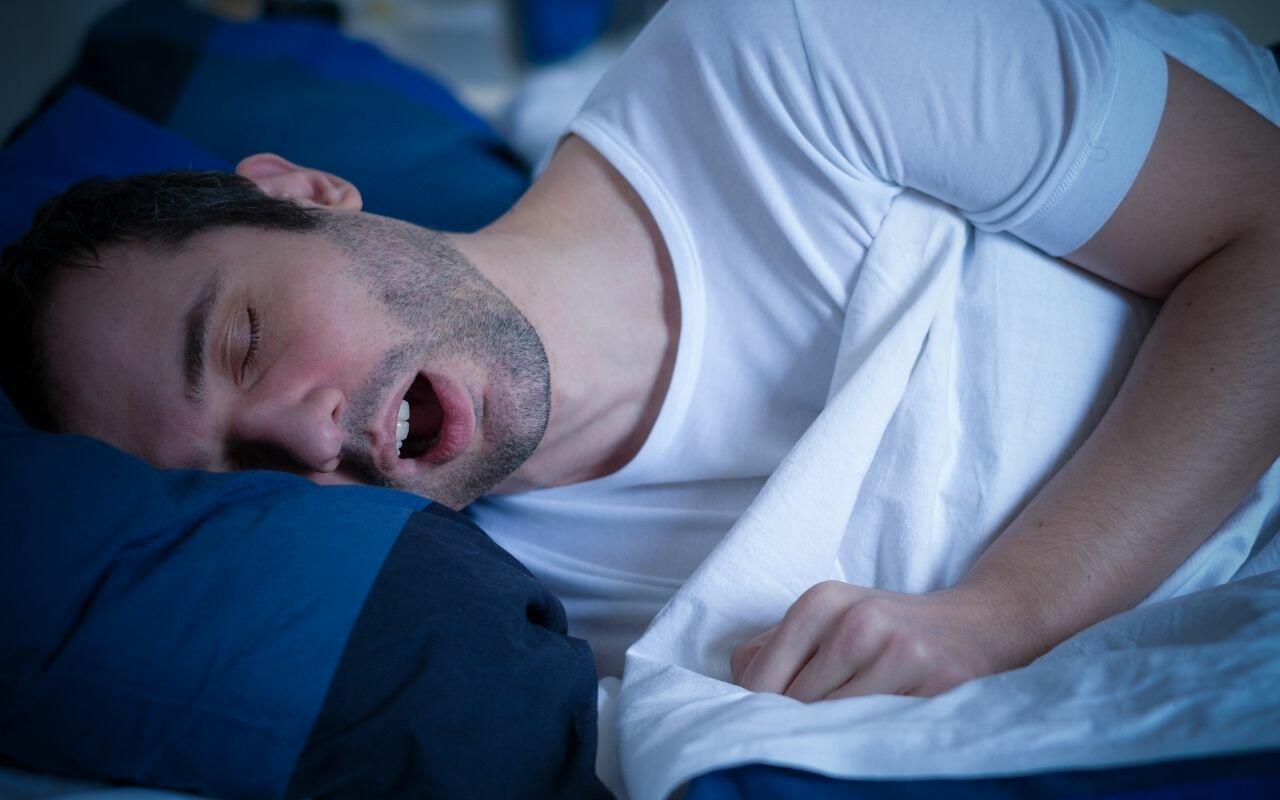
There are three types of sleep apnea including:
- Obstructive Sleep Apnea: This is caused by a blockage in the airway due to excess tissue in the throat, nose, or at the back of your tongue.
- Central Sleep Apnea: Your brain fails to send signals to your breathing muscles.
- Mixed Sleep Apnea: In this case, both of the above occurs when you sleep.
The problem with sleep apnea is often you have no idea you have it. This is why it is important to recognize the symptoms.
What Are The Symptoms Of Sleep Apnea?
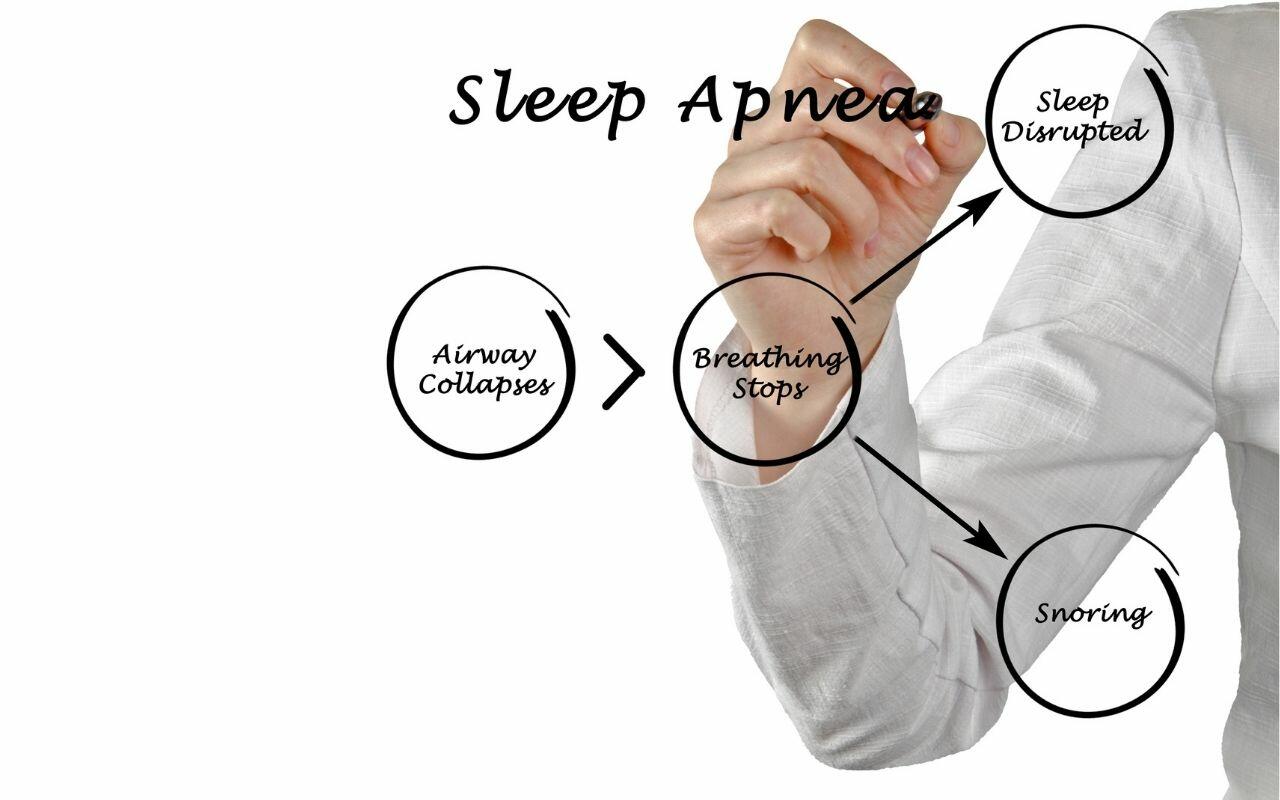
Because sleep apnea occurs when you sleep it can be difficult to decide if you should be concerned. Therefore, you should speak to your partner or others in your household who might notice things like loud snoring. Symptoms while you sleep include:
- Gasping for air during sleep
- Choking during sleep
- Loud snoring
If you live alone, you should speak to your dentist if you experience any of the following symptoms:
- Sudden awakening from sleep
- Headaches in the morning
- Waking with a sore throat
- Waking with a dry mouth
- Memory problems
- Difficulty concentrating
- Frequent urination during the night
Although these symptoms can be related to other issues, it is always best to speak to your dentist or doctor to discuss them. This way the appropriate tests can be performed to diagnose the issue.
How Is Sleep Apnea Diagnosed?

If you suspect you have sleep apnea discuss your concerns with your doctor. They can review your health history as well as conduct tests. In cases where the sleep disorder needs to be confirmed you might also be sent to a sleep clinic for evaluation.
Some tests can be conducted at home such as measuring your heart rate, airflow, and breathing patterns while you sleep. It is also important to mention these symptoms to your dentist. Not only can they help with treatment, but many of the symptoms can cause dental issues such as dry mouth.
How Does A Dentist Help With Sleep Apnea?
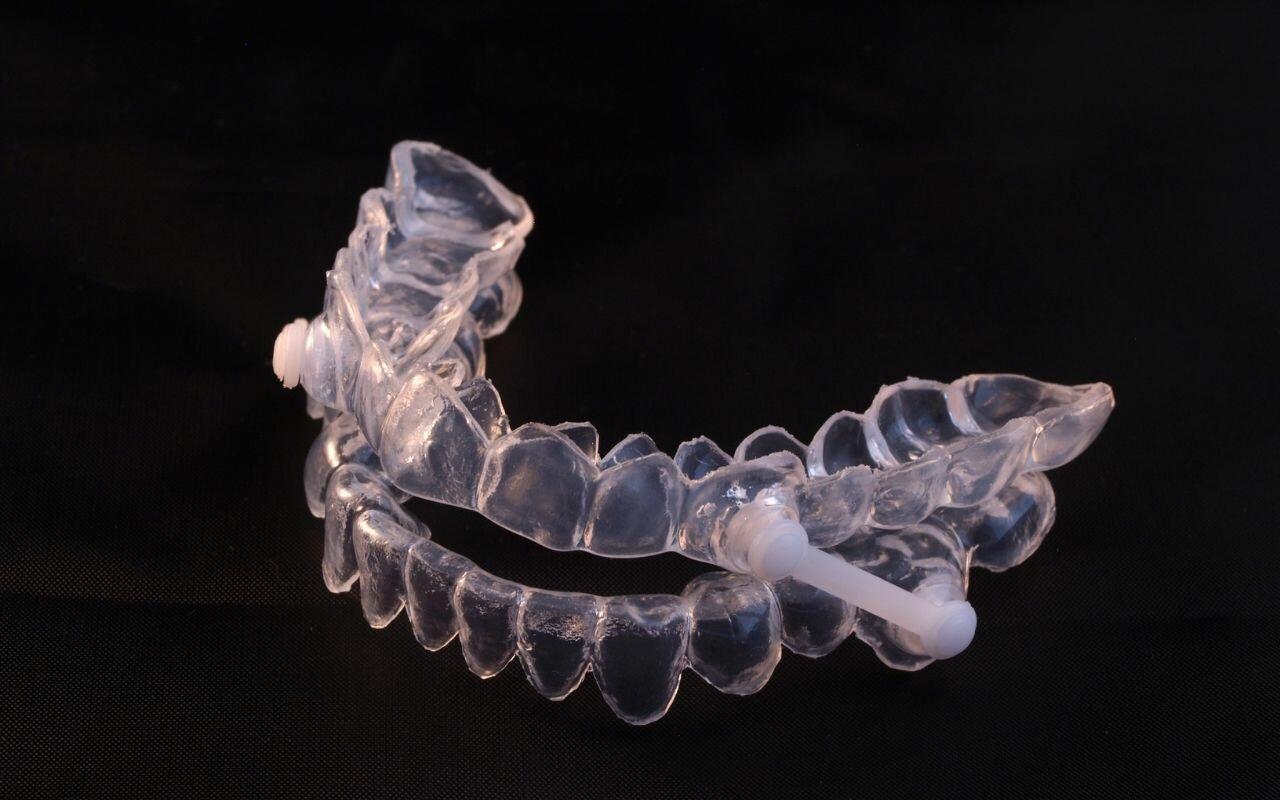
Your dentist can provide a dental appliance worn while you sleep to assist with obstructive sleep apnea. The appliance helps keep your tongue from resting on your airway using a tongue-retaining device. If the apnea is caused by your jaw position, they can provide a device inserted in your mouth or strapped around your head to improve jaw position while you sleep.
What Treatment Is Required If The Obstruction Is Severe?
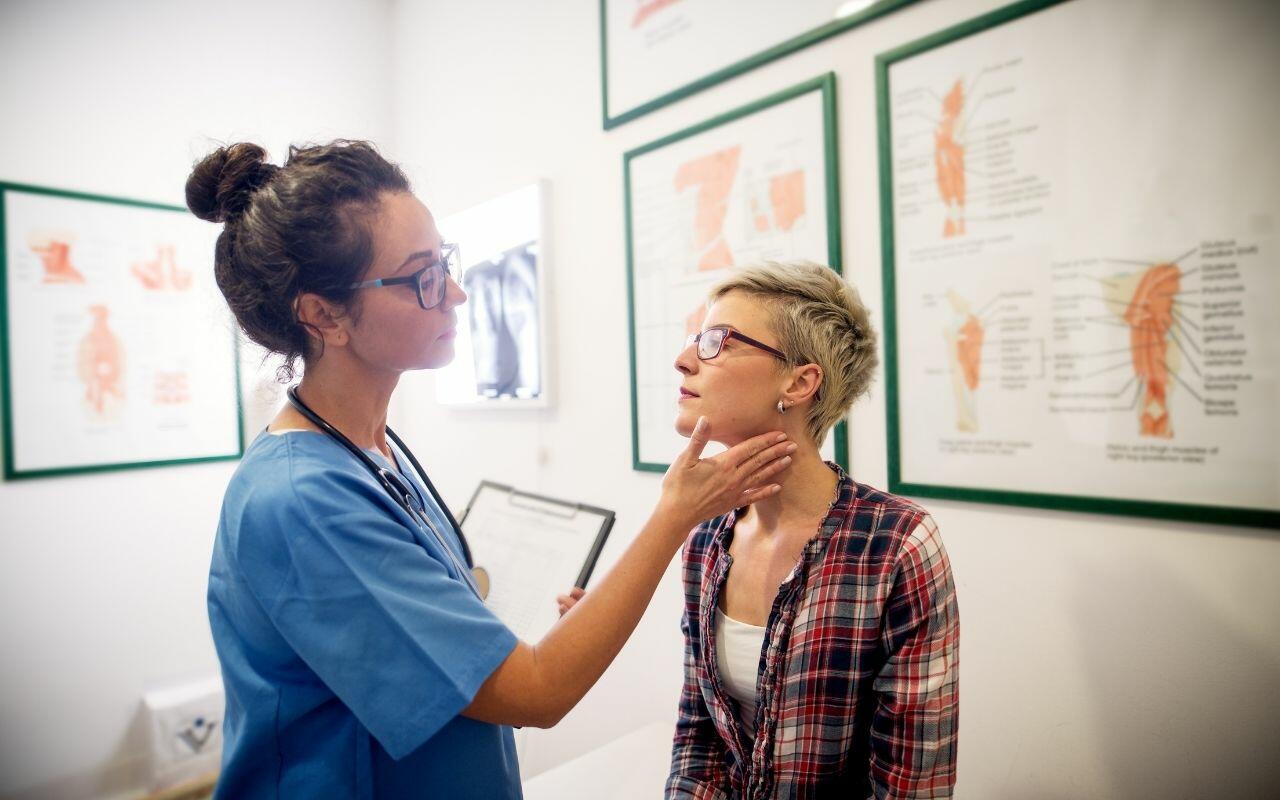
If your sleep apnea is caused by excessive tissue on the tongue or in the throat, you might need to be referred to an ear, nose, and throat specialist. They will perform surgery to remove the excess skin. In some cases however your dentist might provide laser surgery to perform this procedure.
How Can I Prevent Sleep Apnea?
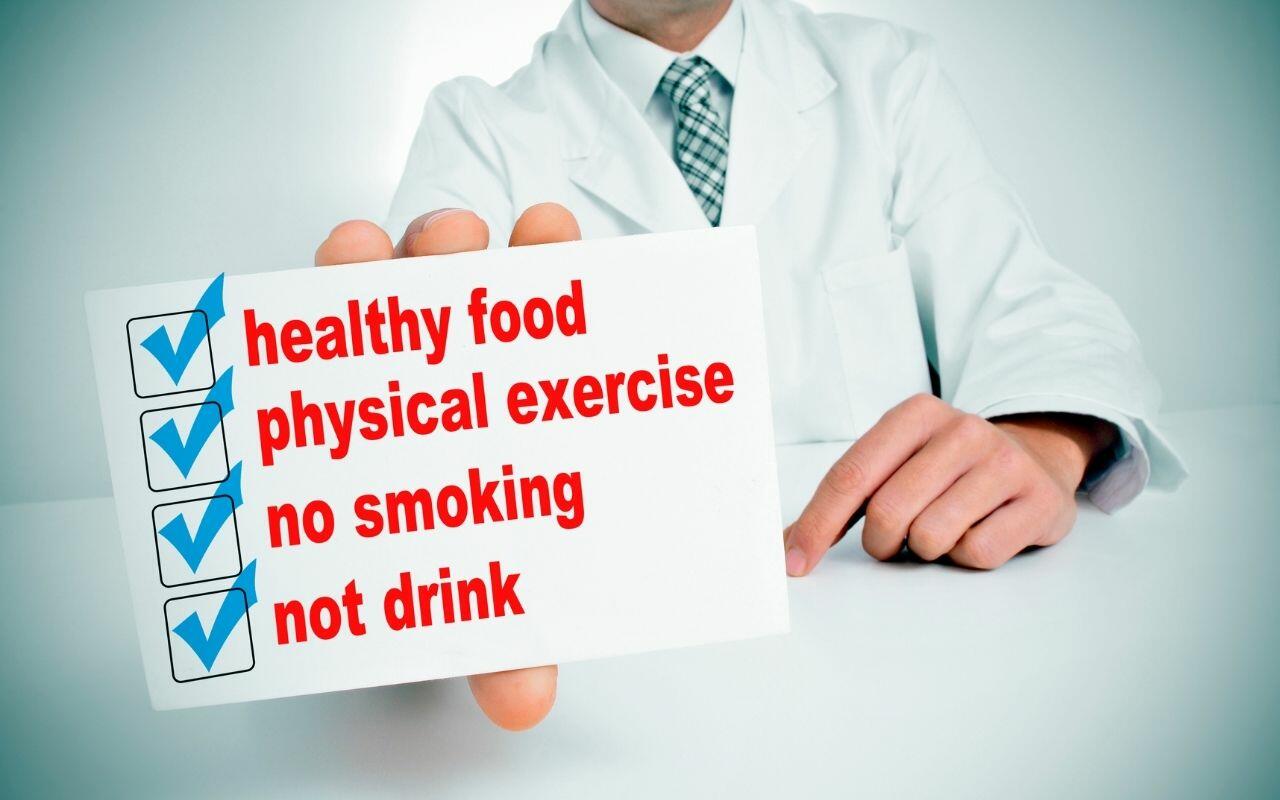
You can take some precautions to reduce your risk for sleep apnea including:
- Maintaining a healthy weight
- Eliminating alcohol, tobacco, and sedative use
- Sleeping on your side with a comfortable pillow
These healthy lifestyle adjustments can help you avoid sleep apnea.
What Are The Health Risks Associated With Sleep Apnea?
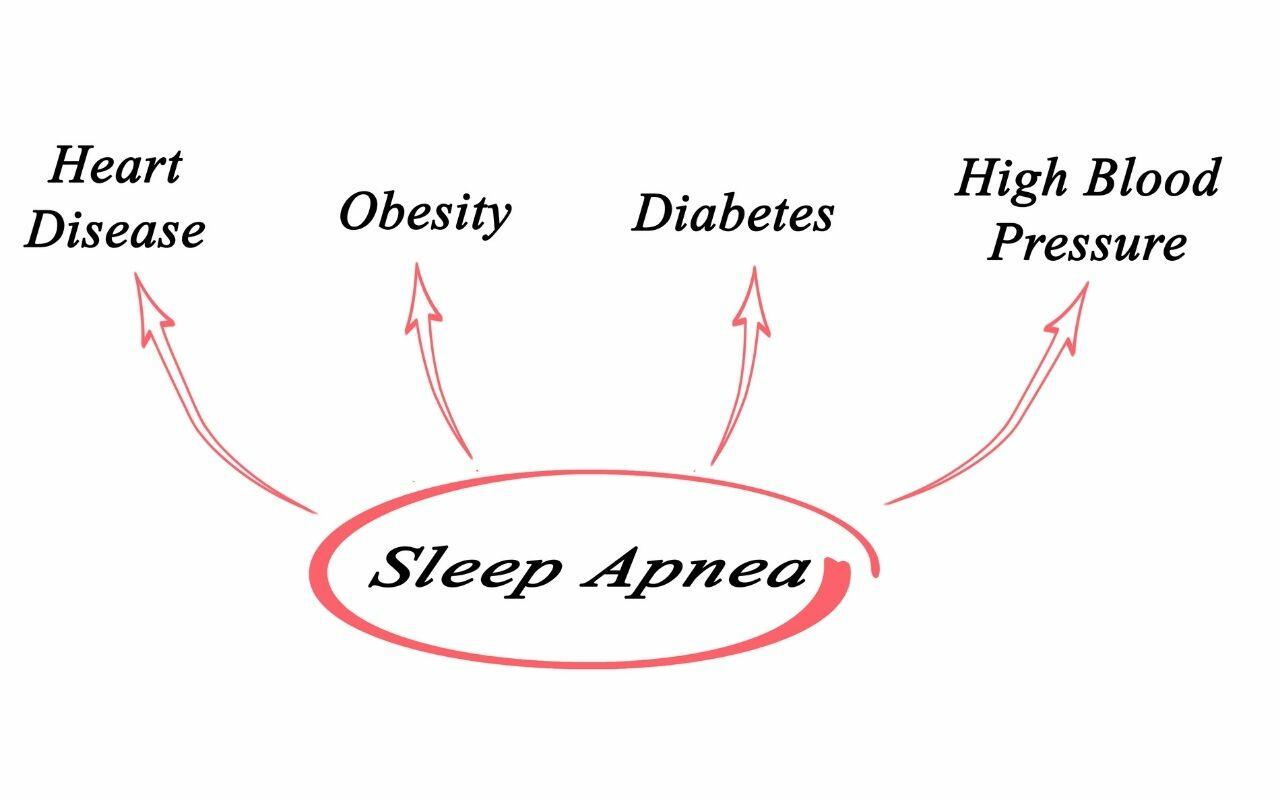
There are several health risks associated with sleep apnea, including:
- High blood pressure due to the stress of stopping and starting breathing too often
- Heart disease and heart attacks due to low oxygen
- Strokes and atrial fibrillation due to improper blood flow to the brain and arteries
- Weight gain due to increased release of the hormone ghrelin, which increases cravings for sweets and carbs
Metabolic syndrome is caused when you have a combination of at least three of the following conditions:
- High blood sugar
- Low levels of “good” HDL cholesterol
- High levels of triglycerides
- Too much fat around your waist
- High blood pressure
- Daytime sleepiness which increases the risk for accidents
- Memory loss
- Depression due to poor sleep
As you can see, sleep apnea can have a serious impact on your health. Therefore if you have any of the symptoms above, always discuss your concerns with your doctor as soon as possible.
What Are Risk Factors For Sleep Apnea?

The risk factors for obstructive sleep apnea include:
- Obesity
- Having a thicker neck
- A narrowed airway
- Being male
- Being older
- Family history of sleep apnea
- Use of alcohol, sedatives, or tranquillizers
- Smoking
- Nasal congestion
- Certain medical conditions
If you have any of the above risk factors and suffer from even just one of the symptoms, it is always best to discuss them with your doctor or dentist. The sooner you are diagnosed, the sooner you can have treatment to reduce the risk of serious health issues.
For help with sleep apnea issues and to find out more about our secret dental weapon against sleep apnea, call Bradford Family Dentistry today at 905-775-5307 or click here to request an appointment.
